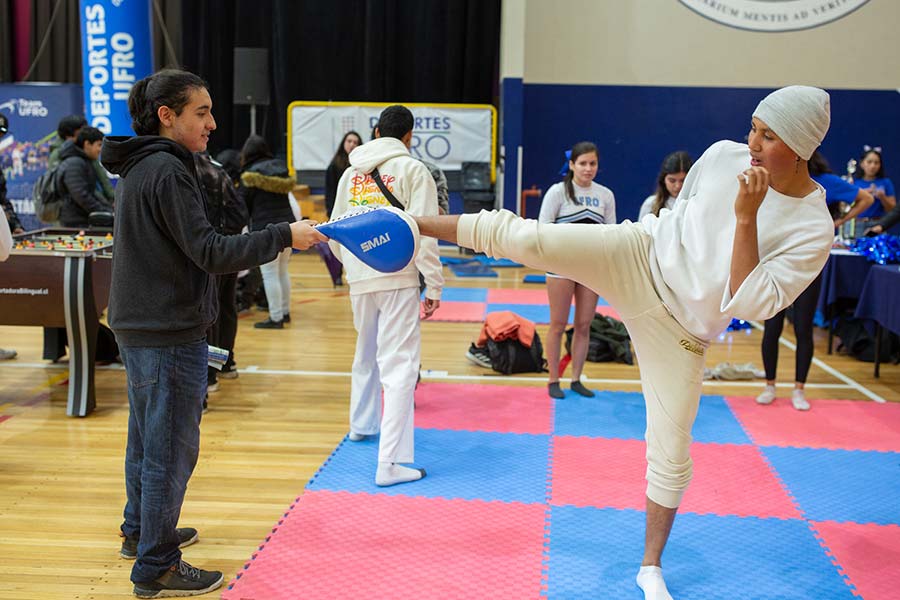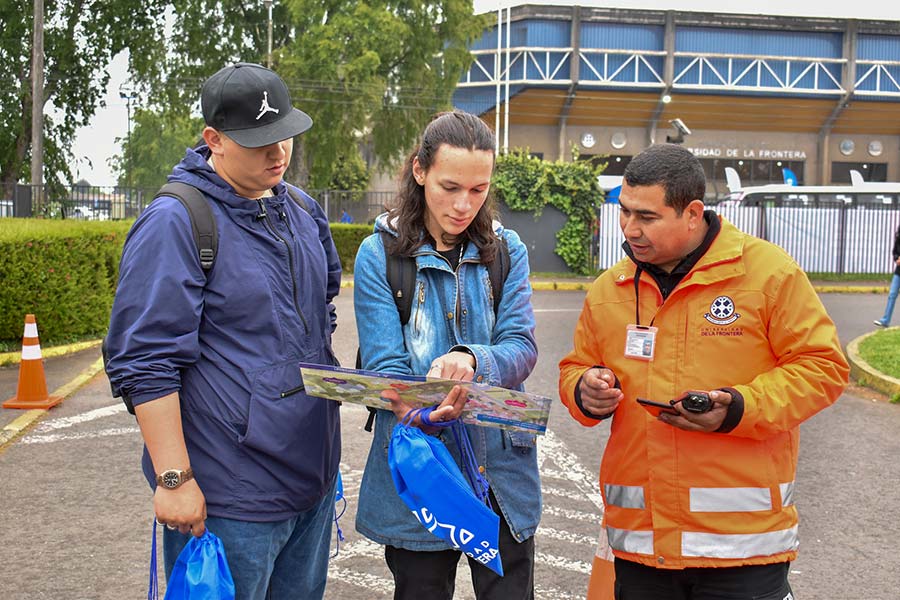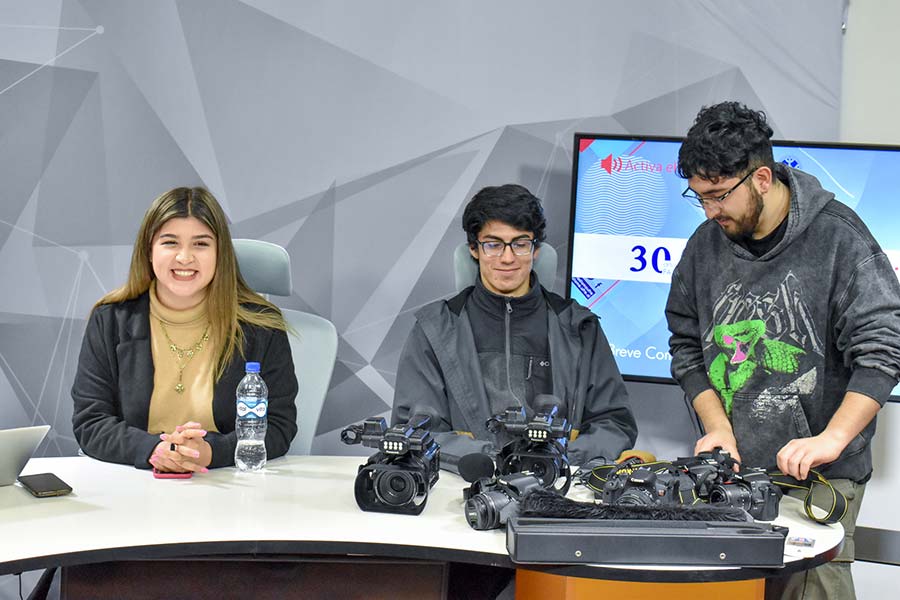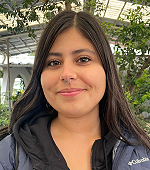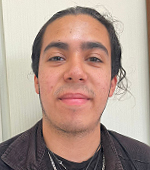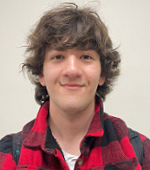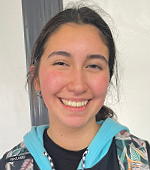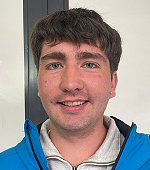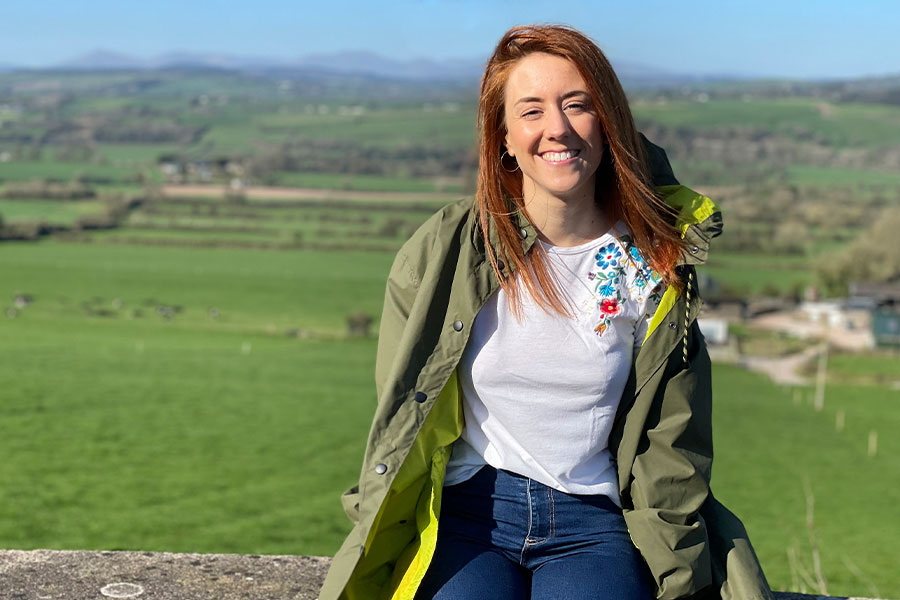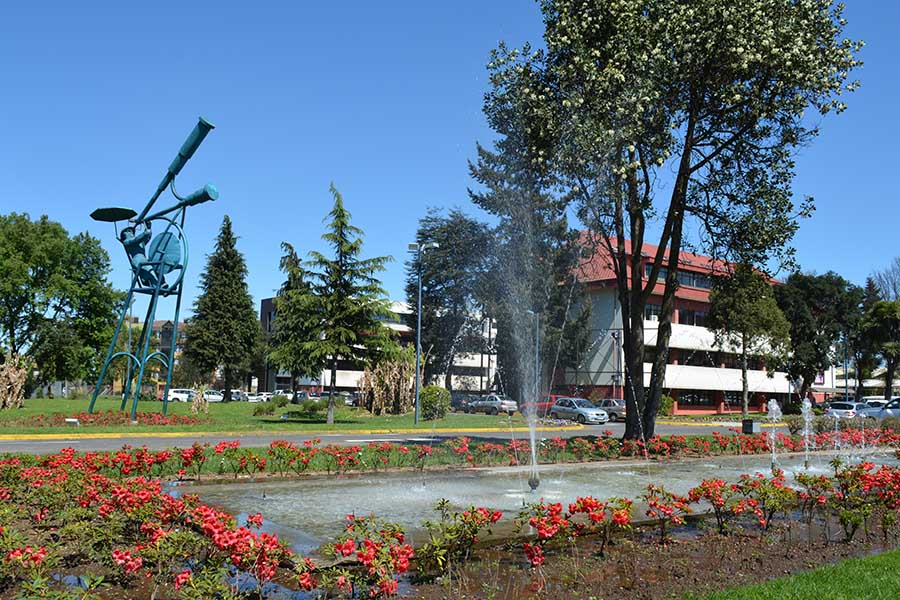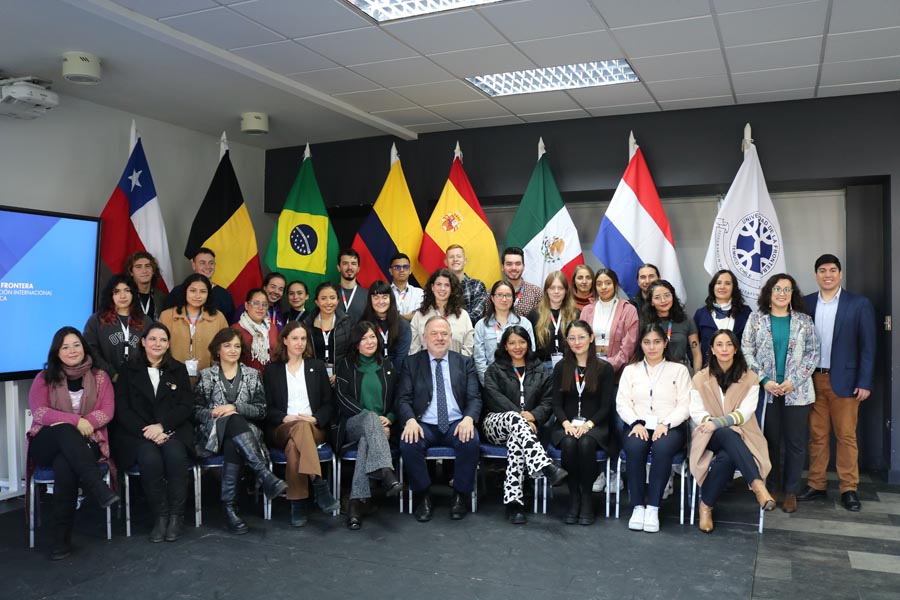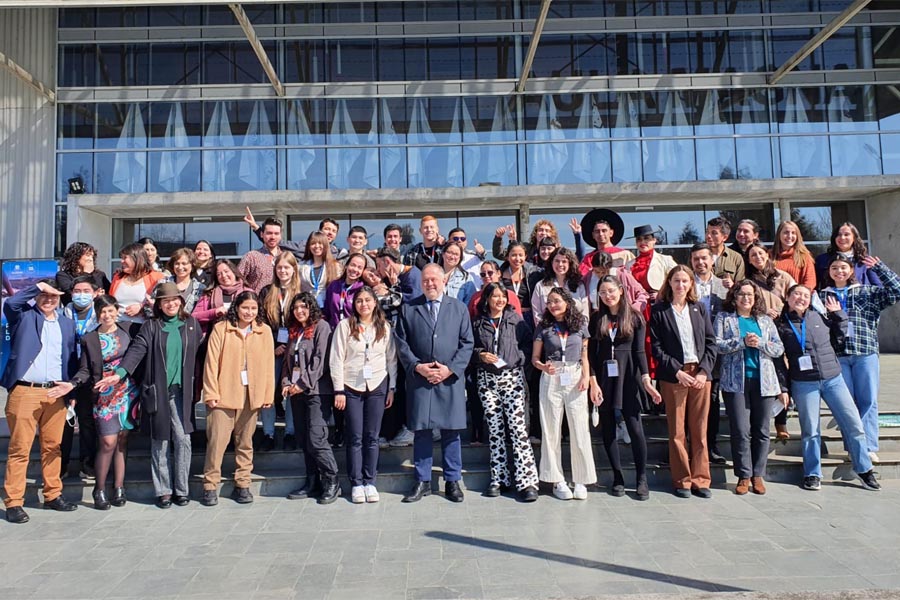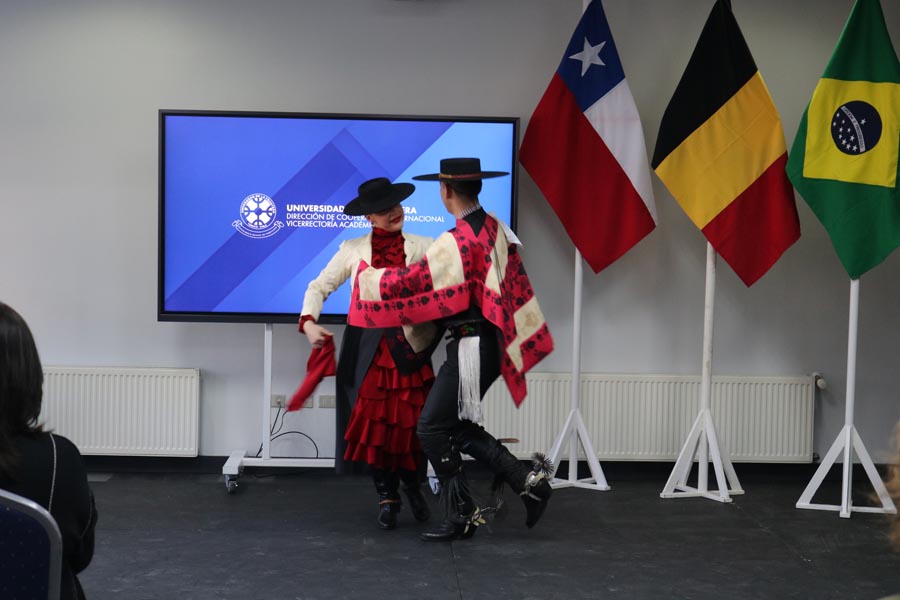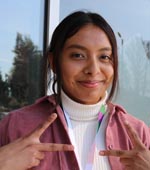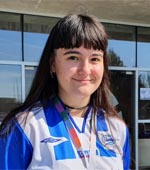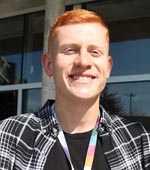|
High school students and high school graduates from over 85 schools visited UFRO last week during the Open House, where they had the chance to participate in more than 70 different activities to get to know the university, its campus, programs and all it has to offer. |
A miniature farm, an interactive presentation of the sports offer, live-music, guided tours, food trucks, interactive class simulations, and much more awaited the participants in the first version of the Open House at Universidad de La Frontera (UFRO). The event was organized by UFROrienta, within the framework of the admission process for 2023, which will start at the beginning of next year in Chile. About six thousand high school students and high school graduates from over 85 schools from the Araucanía Region, Bio Bío Region and Los Ríos Region participated in the activities, workshops and exhibitions UFRO offered that day. Early in the morning, the buses from different schools started to arrive at UFROs Aula Magna, where the students could register for the day and start to participate in the numerous activities that were easy to access, thanks to the maps, programs and schedules the students received. The Vice-rector for Undergraduate Affairs, Pamela Ibarra, explained: “This was the first mass event of this kind the university organized. Therefore, it was a great challenge for us to open our doors and to find an effective way to show the students in one day which options they have to study, but also that the university has a lot more to offer besides the professional training, as for example a large variety of sports or cultural activities.” Paula Hidalgo Sánchez, the Coordinator for Program Promotion and Dissemination was very happy about the high number of participants. “We received almost six thousand high school students and high school graduates from the Araucanía Region, Bio Bío Region and Los Ríos Region, who all enthusiastically participated in our numerous activities, such as workshops and talks with current students of our study programs. We were also able to show them our offer for their university life, with an interactive presentation of the different sports disciplines, cultural and artistic presentations, dance classes, guided tours, guided visits of our main library, and so on. That way, the students were able to find out which study program might be best for them and to visualize what it would be like to study at UFRO,” she explained.
IMPRESSIONS
Written and translated by: UFRO Communications Office
|
|
The project led by Dr. Millaray Curilem will allow identifying changes in the activity of a volcano based on the temporal analysis of its seismic behavior and the localization of the seismic source. |
Chile currently has 92 active volcanoes and about 16% of the national territory is under the direct influence of these mountain massifs that in our country’s history have shown their capability to cause major disasters that can happen at any time. According to experts, major eruptions occur each eight to ten years. Based on that, a group of scientists of the Universidad de La Frontera (UFRO) carried out a study with the objective of supporting the monitoring of the present volcanoes across the country and especially in the La Araucanía Region, where the volcanoes Llaima and Villarrica are located. The project ‘System for the evaluation of the activity of a volcano through automatic analyses of the behavior of its seismic signals and the generation of alerts in the event of conditional changes’ was financed by the Chilean Fund for the Support of Scientific and Technological Development (FONDEF) of the Chilean National Agency for Research and Development (ANID). The person in charge of the project was Dr. Millaray Curilem Saldías, who holds a Ph.D. in Electrical Engineering, with specialization in Information Systems, of the Federal University of Santa Catarina in Brazil. She was also the one who led the closing ceremony of the project, with the presence of academic authorities and representatives of the National Geology and Mining Service of Chile (Sernageomin). It was the third project in this field that the group led. In this context, Dr. Curilem explained: “We are very fortunate that the Southern Andes Volcano Observatory is located here in the city of Temuco, since it offers an enormous amount of data, which we are able to process thanks to the tools we have.” The researchers´ work, in which also a group of UFRO undergraduate and graduate students participated, seeks to find an IT tool to identify changes of the activity of a volcano based on the temporal analysis of its seismic behavior and the localization of the seismic source. “The analysts of Sernageomin have to analyze about four thousand hours of data. That is a lot of time and the system we are developing supports this analysis. The idea is not to replace the analysts, but to simplify the data processing. Especially when it comes to the alerts that need to be placed regarding certain events, the system becomes a significant support for the analysts,” Dr. Millaray Curilem added. Regarding the possibility of developing a monitoring system to predict the occurrence of volcanic eruptions, Dr. Curilem explained that, depending on certain requirements, it could be possible. “The key is to detect any major changes in the seismic activity or any other variable of the volcano in time, because the earlier I am able to detect it, the faster I can predict an eruption and issue the warning. The problem is that, for example the Calbuco volcano did not present any changes from the seismic point of view until shortly before the eruption. It was not early enough to be able to issue an early warning,” she pointed out. UFRO RESEARCH With regard to the completion of this Project, Franklin Valdebenito, the director of the Office of Innovation and Technology Transfer of UFRO, congratulated the research team, led by Dr. Millaray Curilem, for their work. “This line of research and this project achieved to create a technology that was intellectually protected and we hope soon to be able to transfer it to Sernageomin and the Southern Andes Volcano Observatory (OVDAS). With that step, we would complete the cycle we want for our projects, in which we achieve development but also a transfer for the benefit of our community,” he said. Dr. Jorge Farías Avendaño, the dean of the Faculty of Engineering and Science, commented: “This project contributes to the region´s development and knowledge within the volcanic area. With our experience as a university and faculty, we will be able to support the monitoring of volcanoes, using state-of-the-art technology, as for example AI or data analyses that respond to the needs that arise from the inhabitants themselves.”
Written by: José Sanhueza |
|
Sara Pérez spends eight months at UFRO, progressing with her research that involves an important regional by-product. |
The international project ENCAP4HELATH, led by Dr. Francisca Acevedo of the Universidad de La Frontera (UFRO) in Chile and Dr. Stephan Drusch of the Technical University of Berlin (TUB) in Germany, seeks to develop more efficient and sustainable processing technologies for encapsulation. Within this framework, UFRO receives Sara Perez Vila, a doctoral student with Spanish nationality from the University College Cork (UCC) in Ireland, as the first doctoral trainee. The doctoral thesis of Sara Perez, which she develops within the project ENCAP4HEALTH, focuses on the development of new sources of plant proteins obtained from green leafy plants, studying their functionality in order to analyse their behaviour when used in food formulation. Regarding the objective of her traineeship at UFRO, Sara Pérez comments: “I got the opportunity to work with leaves of the quinoa plant as a starting material to obtain plant proteins. That way, we could achieve the objective of developing more sustainable materials, trying to replace animal proteins with plant proteins on the one hand, and taking advantage of a by-product of the quinoa grain production on the other hand. Overall, the purpose of my stay is to obtain and characterize the proteins of the quinoa plant leaves for their posterior use in the development of protective systems of bioactive substances.” During her stay, Dr. Francisca Acevedo, who works at the Department of Basic Sciences, the Centre in Translational Medicine (CEMT), and the Scientific and Technological Bioresource Nucleus (BIOREN), and Dr. Mónica Rubilar, who works at the Technology and Processes Unit of the Department of Chemical Engineering, supervise her work. It is worth mentioning that the regionally renowned company Semillas Baer makes an important contribution to this project, since it supplies two of the four varieties of quinoa leaves. The objective of the project ENCAP4HEALTH is to promote new, more efficient and sustainable materials for their application in encapsulation systems, identifying new polymers. More than 30 international experts with extensive experience, who come from different institutions, universities, SMEs and multinational companies from Germany, the Netherlands, Ireland, the United Kingdom, Argentina, France, Denmark and Chile, carry out this task. The results of this project will provide societal and economic benefits, since they will allow the production of more effective functional food, which leads to a better health and well-being of the population. “This project offers me the opportunity to study the functional application of plant proteins as an encapsulating medium. In addition, I am able to visit another country, where I now learn new techniques and get to know new colleagues, other ways of working and a new culture,” the doctoral student from the Irish Moorepark Teagasc Food Research Centre said.
Written by: Vice-rectorate for Research and Graduate Studies
Translated by: UFRO Communications Office |
|
The prestigious QS World University Rankings published a list of the best universities in Latin America in 2023. Regarding Chilean universities, the ranking evaluated 40 establishments, among which the Universidad de La Frontera is ranked in 13th place. |
In the latest version of the QS Latin America University Rankings, the Universidad de La Frontera (UFRO) achieved the 63rd place, being one of the 100 best universities in Latin America. This is a clear sign that it consolidated its continuous path of quality. Regarding the Chilean universities, the ranking evaluated 40 establishments, among which the Universidad de La Frontera is ranked in 13th place overall and in 4th place among the state universities. This is the eighth time that UFRO is part of this ranking. The first time was in 2016, when UFRO was ranked 92nd. Since then, the university climbed up each year. In this version of the ranking, 428 Latin American universities were evaluated, including 40 universities from Chile. It is worth mentioning that UFROs 63rd position in the overall ranking places it among the top 15% of the Latin America ranking. Regarding the state universities, there are ten of them, which are all ranked within the top 150 of the ranking. INDICATORS The QS World Universities Rankings uses different indicators to evaluate the universities, such as Academic Reputation, Employer Reputation, Faculty to student Ratio, Staff with PhD, International Research Network, Citations per Paper, Papers per Faculty and Web Impact. Regarding the indicators Employer Reputation, Faculty to student Ratio and Staff with PhD, UFRO showed a clear improvement compared to last year. CLICK HERE TO SEE THE FULL QS LATIN AMERICA RANKINGS 2023
Escrito por: UFRO Communications Office
|
|
Students from different parts of the world, such as Belgium, Brazil, Colombia, Spain, Slovakia, Mexico and the Netherlands, have arrived at Universidad de La Frontera, as well as students from other parts of Chile, who made use of the national mobility agreements between the universities of the Consortium of Universities of the State of Chile (CUECH). |
“It is always a motive of joy when we receive the young national and international students who chose our university for their studies,” said Dr. Eduardo Hebel Weiss, the rector of the Universidad de La Frontera (UFRO), at the welcome ceremony for the incoming students at UFROs Aula Magna. “Here in the south of Chile, they will be able to learn from the virtues and difficulties of our region and our territory. At the same time, they will be able to have an inspiring cultural experience at our university,” he added. Students from different countries in the world, such as Belgium, Brazil, Colombia, Spain, Slovakia, Mexico and the Netherlands, have arrived at UFRO, as well as students from other parts of Chile, who made use of the national mobility agreements between the universities of the Consortium of Universities of the State of Chile (CUECH). They will all spend the second semester of 2022 at UFRO. This new generation of young people came to UFRO reactivating the student mobility that had been carried out virtually during the pandemic. “We are getting back to our mobility in-person,” explained Lorena Vieli, the director of the International Affairs Office. “Today, young people have to be able to move in intercultural contexts and to be connected with the world. In this regard, the presence of students from other countries and cultural contexts at our university enriches the teaching and learning processes,” she concluded. The international students who join UFRO this semester will be spread across the different faculties and study programs, making use of the agreements and partnerships with leading universities all over the world. To make the arrival easier for this satisfactory number of students, the National and International Student Mobility Unit of the International Affairs Office uses a Buddy Program, which consists of volunteering national UFRO students who help the incoming students to get to know the university and the city, and to adapt. The welcome ceremony took place at the end of the official orientation week, with participation of the university authorities, the national and international students, the volunteers of the Buddy Program, and the folkloric dance group Magia Chilena, who presented the typical Chilean Cueca dance.
Written and translated by: UFRO Communications Office |





